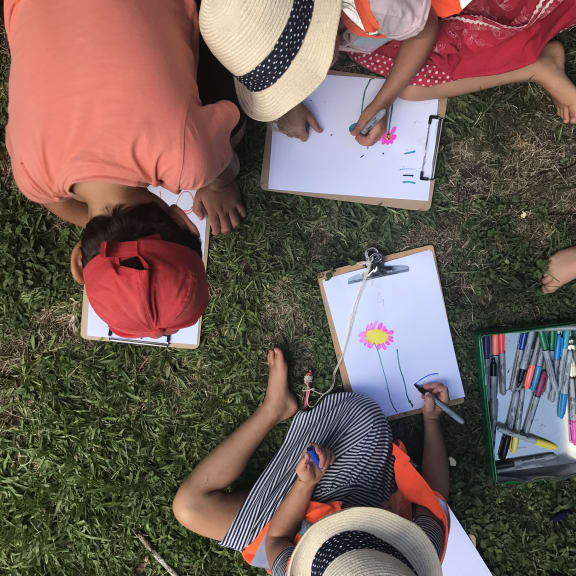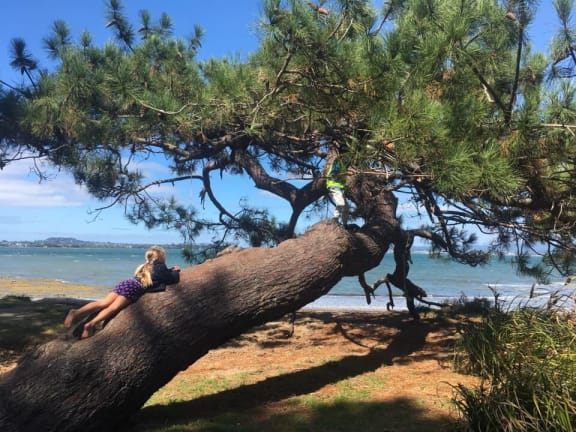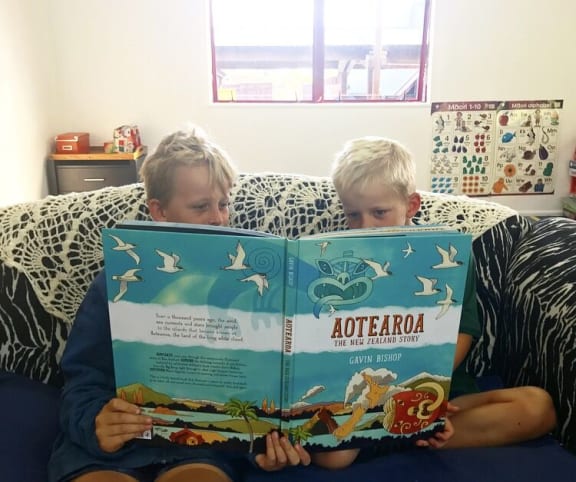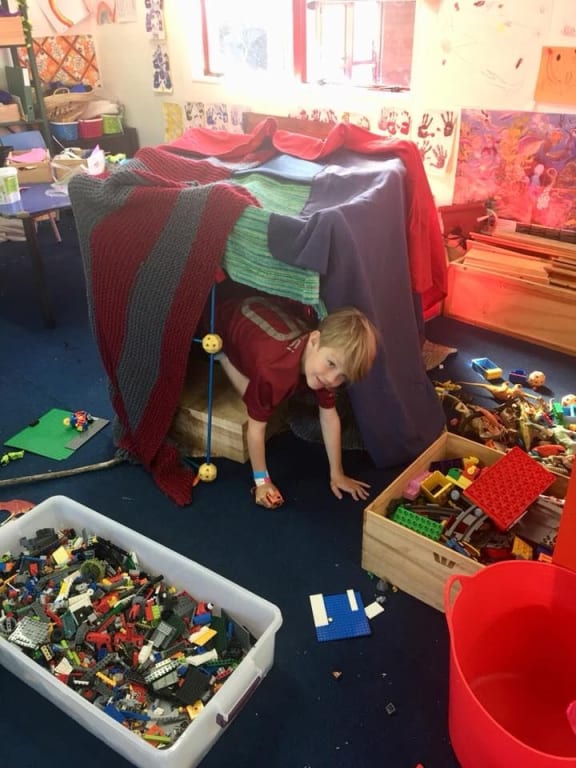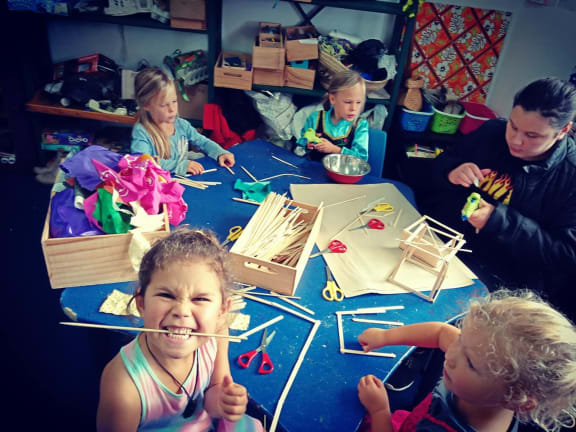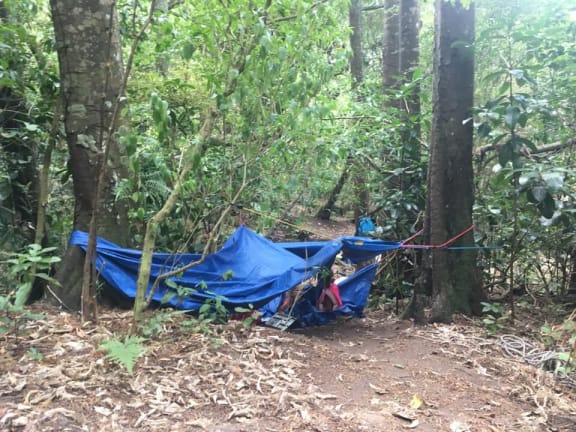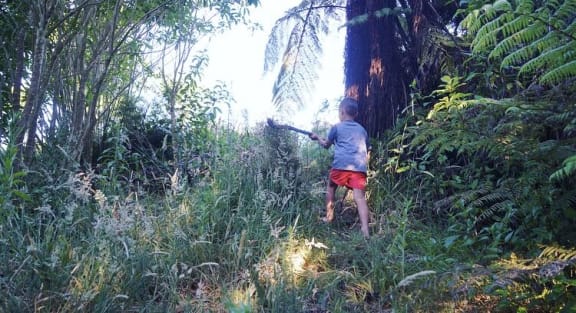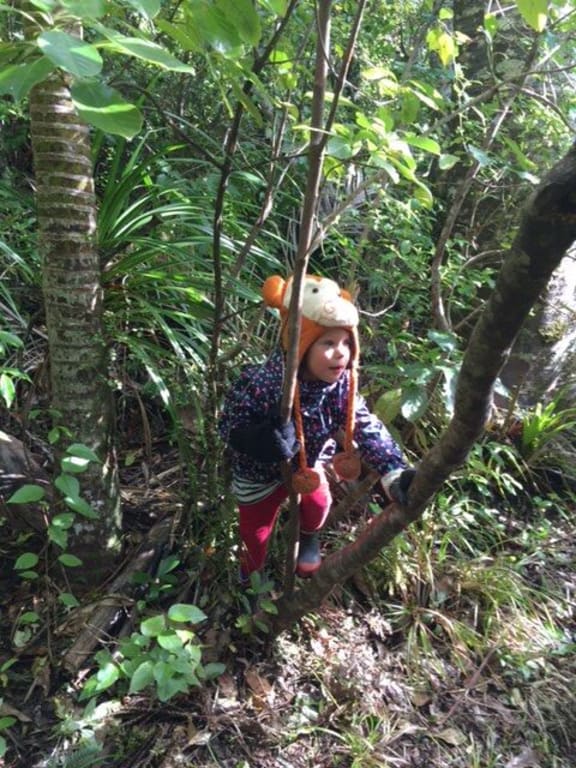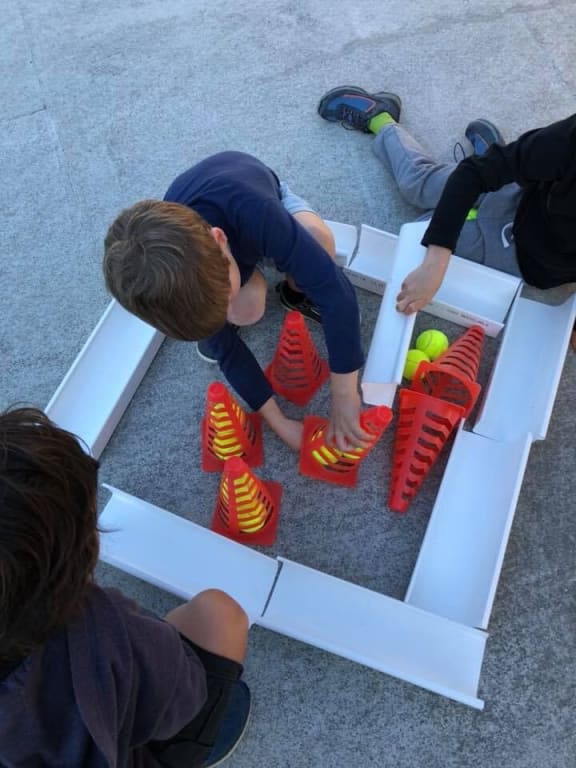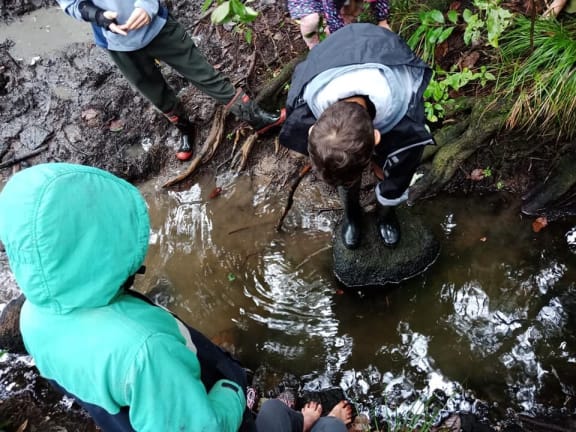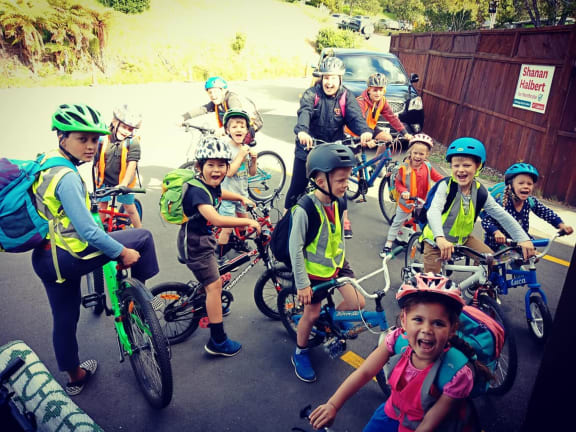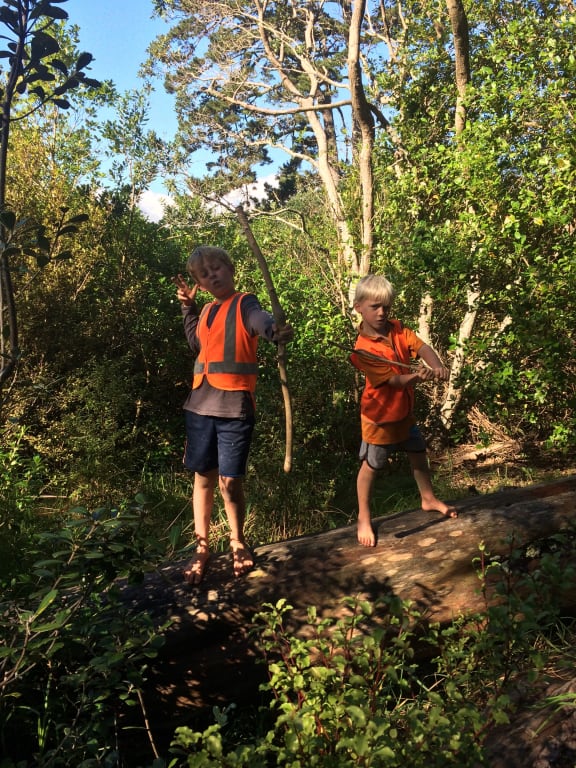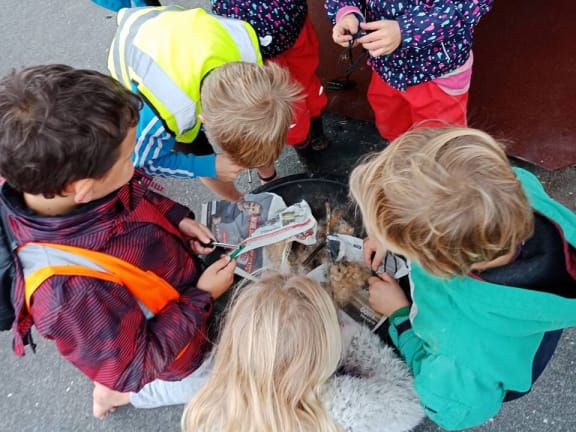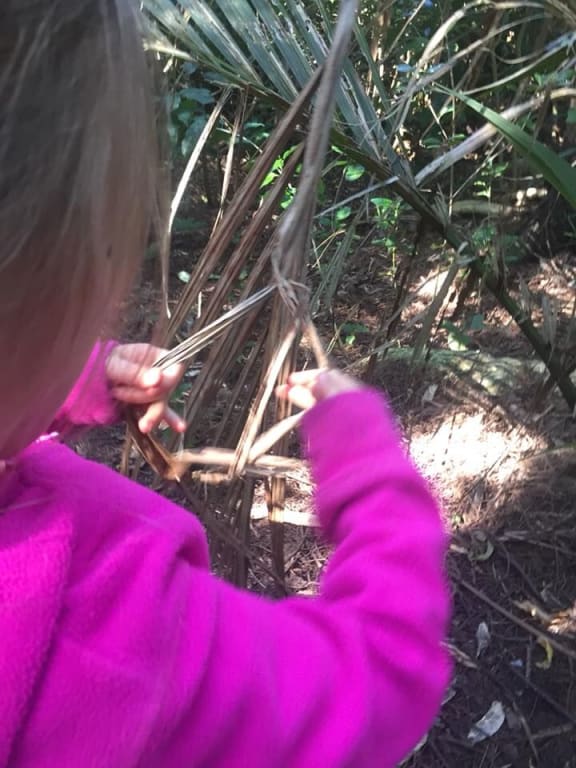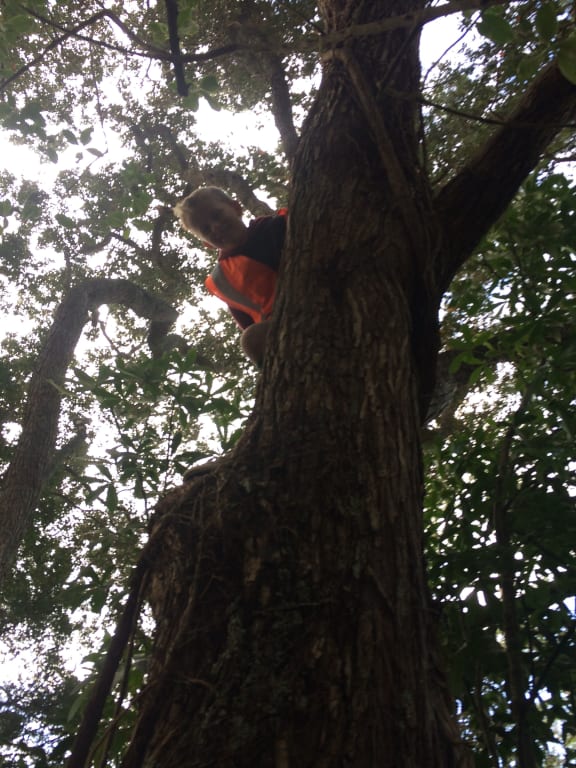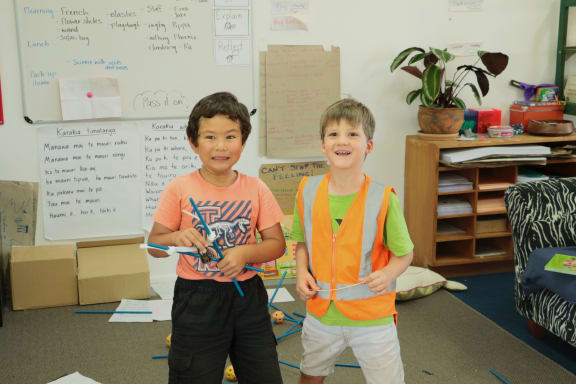There's a lot of research that shows kids benefit from learning in the great outdoors. What do you do if you want to send your kids to a school where the learning is done outside - but you can't find one? Would you design your own school?
When Sabrina Nagel’s kids got older and were ready to enter the school system she looked around for alternatives to the standard pathways.
Nagel came out of that search feeling like education needs to change to better equip children for life.
She couldn't find a primary school that allowed her twins to spend lots of time in the outdoors, so she created her own – Ako.
It was no easy feat.
“We thought starting was a hard thing but at the moment there’s actually no support, or hardly any support, within the system for people like us that need different choices for education for their children.”
They had no choice but to start as a private school, but this meant self-funding to the tune of $50,000.
Ako is a registered primary school, subject to ERO reports, and has been running for a year now.
“One of the things that doesn’t sit well for us is the fact that we’re not accessible. The current schooling systems, or the current options, don’t work for every child and we think that parents should have options.
“It shouldn’t be a private school, we should have more support for people like us that set up different things to be available to everyone and not as a private school with hefty school fees.”
At $11,000 a year, the school currently has only 10 students.
The school has a classroom with indoor and outdoor space and two full days a week are spent in the bush.
This of course means that all teachers need to have extensive health and safety training and the ratio of adults to children is a lot smaller than a standard school.
Ako is future focused, play based school, says Nagel.
But what does an average day look like?
“Children get to school between nine and ten, which means it already takes the pressure off families to get them out of the house on time, so they arrive in a lot more relaxed and better state of mind, and then they get straight into an activity that they choose to do.
“By ten o’clock, once everyone has arrived, everyone gets together for a korero, for a meeting. It gives the children an opportunity to help shape the day or the week and really have an input in what they want to do.”
It’s opportunity to reflect on learning and discuss any challenges that may have arisen, she says.
And what about maths?
“Children are naturally curious so that’s what we’re building on, that curiosity. Everyone has got interests and because our ratio is so small it allows our teachers to build deep relationships with children and figure out what their interests are and then contextualise the learning around that.
“We do teach all of these things, they’re just contextualised, the children don’t actually know that they’re learning because they think they’re playing, it’s actually the most powerful way of learning.”
Nagel says that there’s a lot of benefits to learning outside.
“Everything that you do inside, can be done outside with the right equipment and the right capability and it’s actually better for you.”
You can check it out Ako here.
